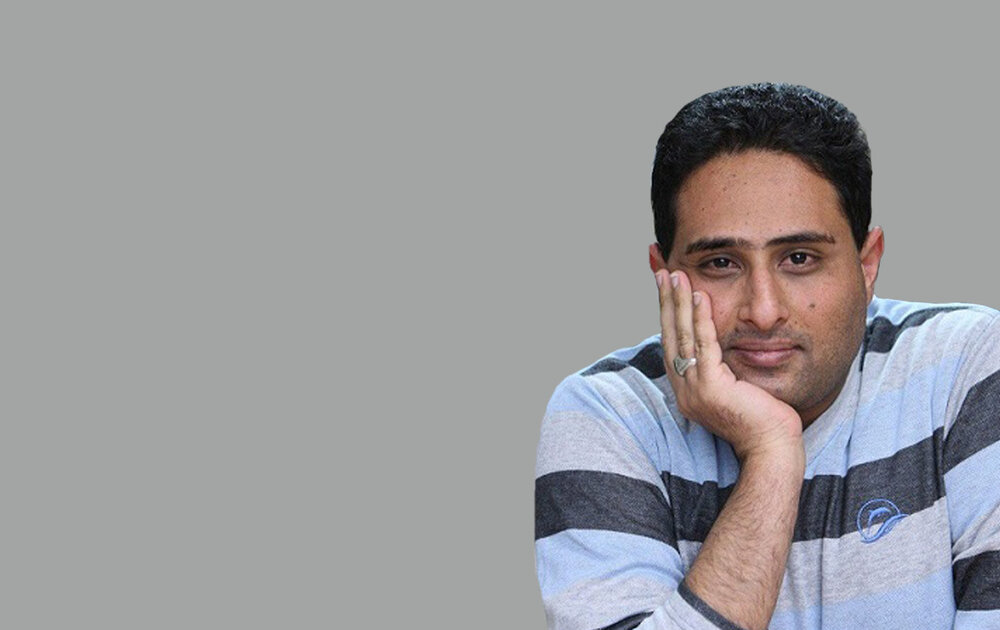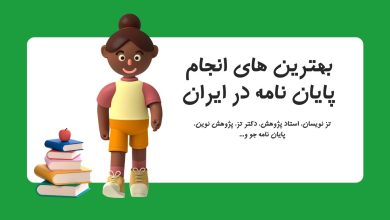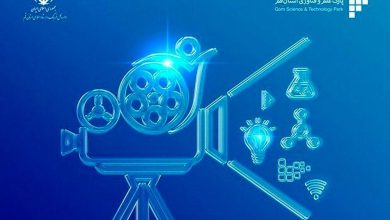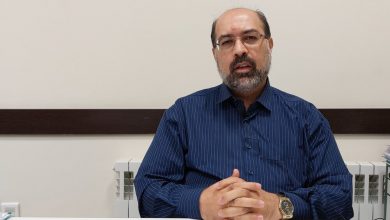
That day, I turned on the computer and began writing a report on the meeting that lasted for several hours with one of the country’s political science professors. It seems that there is no need to go online to write such a report in the first place. The story is simple. A reporter met with a university professor and intends to explain his explanation of the meeting including the issues raised at that meeting. But when I missed two or three lines and wanted to write exactly the title of the master’s thesis for judgment, which was published as a book a few years later, I needed the Internet, and this was natural. The easiest and most accessible search tool available is the popular Internet, Google. Due to the limited access to Google and the lack of success of national search sites, I refrained from mentioning the name of the book. But that was just the beginning of the story. More than a dozen times, behind the door of Google, I have failed to find additional information needed to provide a comprehensive picture of the topic, as well as the written works, historical events and when they occurred.
Regardless of the fact that journalists can benefit from these Internet searches more than the average citizen, and everyone should organize their work based on their work and ability, the constant and irreplaceable dependence on the Google search engine is very strange. This weirdness can also be a warning when we’re stuck in an alley with a global internet blackout. If we accept that the brightest minds in the most professional structures need to use their keywords on Google multiple times a day, it is clear that a world without Google feels like a land where knowledge is stuck in the mud. But does Google really have the knowledge?
The answer to this question differs from several points of view. As a journalist, this writer likes Google more than he opposes it. Of course, if Google is criticized, it is not inherent, but accidental. Simply put, I don’t know a single mistake in Google that makes us look smaller and weaker than we are. But showing our true ignorance in the face of common sense is more of Google’s fault, and it’s its performance that reflects differently on each user. Let me explain more clearly. This happened many times, for example, when searching for the history of law and political science on Google, I was directed to pages where I saw the names of some researchers or professors and historians related to the topic. By researching and then contacting them, I finally found important information and documents that convinced me that I needed to submit a new copy of the report I wrote about this college. In this case, Google is defined in a position of relative causation in a privileged position in the global village, not in a subordinate position in the common sense. Obviously, if life is possible without absolute intelligence, then it is worthless without relational intelligence.
Of course, just as you can argue for Google’s praise, you can also argue against it. Many believe that relying too much on references and always referring to Google leads to laziness and slowness in our memory and mood. These people think this business is like moving property and assets into a savings account and emptying our hands without capital. Critics might say that constant and constant reference to Google has turned it into a separate, active mind that has made our connected brain lazy and ineffective. Of course, this right can do anything in the times we live in. For example, after the advent of smartphones, it became clear that no one can store a large number of phone numbers of acquaintances and friends in their memory. Leaving good and evil aside in this business, but can we say that the smartphone has taken over one of the functions of our brain?
Today, when our access to Google is limited, we can think of a day when our smartphones will no longer be able to give us the contact numbers of our friends and the countless other people we need to communicate with for our work and our lives. Or worse, the day all hard drives die or data centers fail. On that day, you might ponder the question of whether or not Google (here the technology) is our knowledge.
6565










